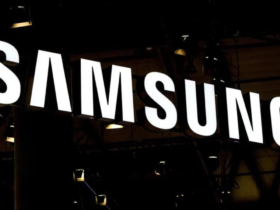Apple Inc managed to create a so-called “walled garden” for years, ensuring that users were unlikely to abandon their iPhone or Apple services. This was a strategy that the company saw as a tool to increase customer loyalty. Sadly, this used to be a cause of tension and now appears to get Apple into unwanted trouble.
The US Department of Justice (DOJ) is naming Apple for establishing a monopoly on smartphones while claiming that the company is preventing it from discovering the truth. The complaint alleges that Apple diverts customers from the market, inflates pricing, and reduces competition through the use of anti-competitive practices, such as restrictive practices at Apple Stores. This was the most recent implementation of EU Commission controls.
This is a huge blow to Apple’s standing as a consumer and may prove to be an unintentional victory in favor of Samsung, Apple’s biggest rival. In contrast, Samsung takes an open stream. They collaborate with Google regarding the major Android smartphone operating system in the field of innovation. As a result, the Android ecosystem has expanded.
Samsung is also demonstrating a high level of transparency at the software level. Whether you have a particular brand of digital wallet or voice assistant, they don’t cut back on functionality. Here the principle of user freedom is being underpinned by the open system which is in contrast to Apple’s ecosystem which could be characterized as a walled garden.
The outcome of the lawsuit is still unknown as it winds through the courts. This has raised questions about Apple’s strategic plans for the future. Even though it will eventually be necessary to open up their ecosystem, is there a risk that the underlying brand identity could be adversely affected?
Nonetheless, one thing is clear: Samsung’s strategy of partnership and openness may be the best formula to follow in the context of a world under a magnifying glass where tech companies are vulnerable to severe criticism.



Leave a Reply